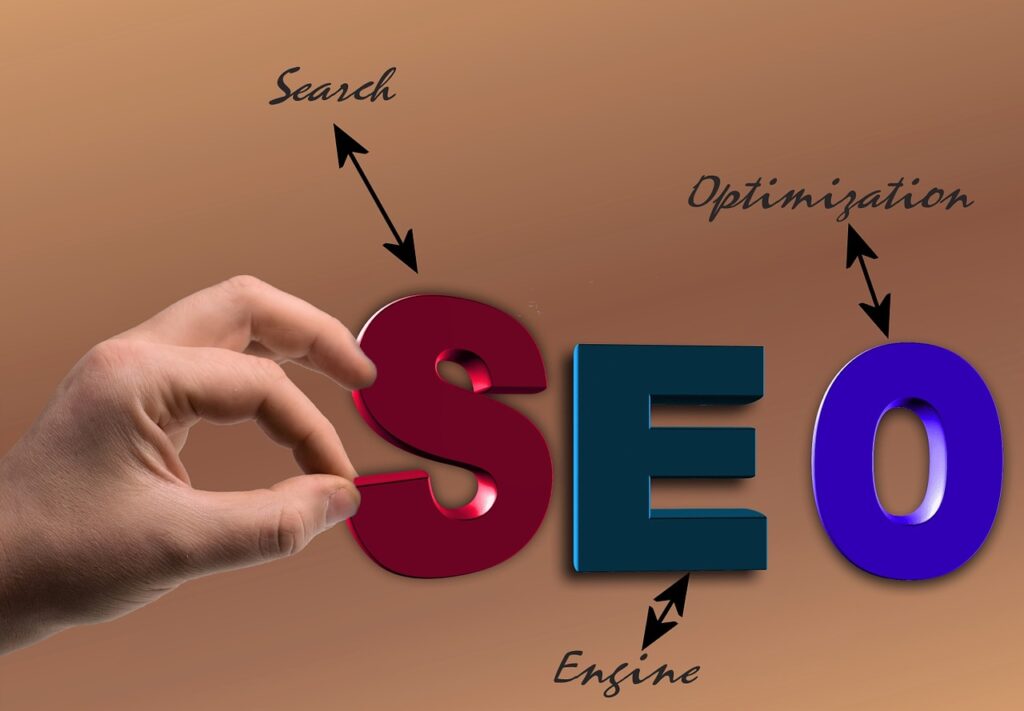In today’s hyper-connected world, where information is just a click away, event planners are increasingly turning to Search Engine Optimization (SEO) to ensure their events stand out amidst the digital noise. SEO for events has become a vital component of successful event marketing strategies, enabling organizers to drive attendance and engagement like never before. In this comprehensive guide, we’ll delve into the intricacies of event SEO, exploring how you can optimize your event’s online presence to maximize its impact.
SEO for events is more than just a buzzword; it’s a strategic approach to enhancing the visibility of your event in search engine results pages (SERPs). By implementing SEO best practices, event organizers can increase the likelihood of their event being discovered by potential attendees who are actively searching for relevant experiences. From conferences and trade shows to concerts and festivals, optimizing your event for search engines can make all the difference in driving attendance and engagement.
Understanding Event Keywords and Audience Intent
At the heart of event SEO lies keyword research and audience understanding. Identifying the right keywords that resonate with your target audience is crucial for optimizing your event content effectively. Consider the language your audience uses when searching for events similar to yours, and tailor your keywords accordingly. Moreover, understanding the intent behind these keywords—whether it’s informational, navigational, or transactional—will help you create content that meets your audience’s needs at every stage of their journey.
Optimizing Event Website Structure and Content
Your event website serves as the digital storefront for your event, and optimizing its structure and content is essential for attracting and engaging attendees. Start by ensuring that your website is user-friendly, mobile-responsive, and easy to navigate. Incorporate relevant keywords naturally throughout your website, including in page titles, meta descriptions, headings, and body content. Additionally, create high-quality, informative content that provides value to your audience, such as event details, speaker bios, agenda highlights, and FAQs.
Leveraging Social Media for Event Promotion
Social media platforms offer unparalleled opportunities for promoting your event and engaging with your audience on a more personal level. Create a buzz around your event by sharing engaging content, such as behind-the-scenes glimpses, speaker interviews, and attendee testimonials. Encourage user-generated content by creating event-specific hashtags and incentivizing attendees to share their experiences online. Moreover, leverage targeted advertising on platforms like Facebook, Instagram, and LinkedIn to reach your desired audience and drive ticket sales.
Measuring Event SEO Success
Like any marketing initiative, measuring the success of your event SEO efforts is essential for determining what’s working and where there’s room for improvement. Track key metrics such as website traffic, keyword rankings, conversion rates, and social media engagement to gauge the effectiveness of your SEO strategies. Use analytics tools like Google Analytics, Google Search Console, and social media insights to gain valuable insights into your audience’s behavior and preferences. Adjust your SEO tactics accordingly based on these insights to optimize your event’s online performance continually.
Conclusion
In conclusion, SEO for events is a powerful tool for driving attendance, engagement, and ultimately, the success of your event. By understanding your audience, optimizing your website and content, and leveraging social media effectively, you can significantly enhance the visibility and impact of your events in today’s competitive landscape. Start implementing these SEO strategies today to take your event marketing efforts to new heights and ensure your events are not just seen but experienced by your target audience.


